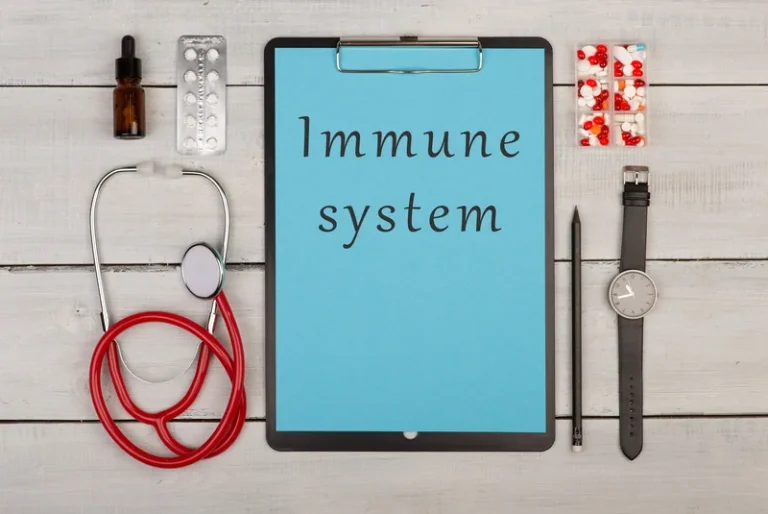Alcohol Misconceptions: Can Alcoholism be Cured?

While you can never be completely cured from an addiction to alcohol, there is hope that with hard work you can heal. Getting your life back from alcoholism is possible by seeking treatment, changing your lifestyle, and then working to maintain your recovery. Alcoholism is a complex disorder and its causes are not fully understood. It is believed to be a combination of genetic, environmental, and psychological factors. People who have a family history of alcoholism or who have suffered from mental health issues, such as depression or anxiety, may be at an increased risk of developing the disorder. Alcoholism can negatively impact the lives of everyone it touches.
When should I see my healthcare provider?
- No content on this site, regardless of date, should ever be used as a substitute for direct medical advice from your doctor or other qualified clinician.
- In her role, she oversees the clinical department as a leader, educator and mentor, designing programming and protocols for a diverse client population.
- Most people will continue to meet with an individual counselor as well as participate in group sessions.
- Recovery meetings may be an effective tool in finding the support you need to manage your condition during treatment and avoid relapse after treatment has concluded.
People who drink too much alcohol are at risk of developing a host of health conditions and disorders including certain types of cancer, liver disease, and heart disease. Excessive alcohol consumption can damage the brain and other organs, and it also increases the chances of developing sleep problems, depression, and other mental health problems. Alcohol can interfere with a person’s ability to care for their other medical conditions or make other medical conditions worse. A medically managed detox conducted at an addiction treatment center or hospital offers services and medications that may minimize withdrawal symptoms and reduce the risk of relapse during detox. Enrolling in medical detox for AUD can prevent serious symptoms and the risk of death when quitting alcohol use. Treatment can help anyone battling addiction learn to cope without the use of substances.

Treatments Led by Health Care Providers
Support groups can also provide a safe and supportive environment for people to share their experiences and receive social support. Additionally, an alcohol rehab program offers comprehensive treatment that includes education, therapy, detoxification, and aftercare services. These treatments help individuals learn how to manage their addiction and cope with the symptoms of withdrawal in a safe and supportive environment.
Is Alcoholism A Disease And Can It Be Cured?

Alcoholism is a common and different term for alcohol use disorder. Milder cases — when people abuse alcohol but aren’t dependent on it — are as well. Alcohol use disorder is what doctors call it when you can’t control how much you drink and have trouble with your emotions when you’re not drinking. Some people may think the only way to deal with it is with willpower, as if it’s a problem they have to work through all on their own.

Working to stop alcohol use to improve quality of life is the main treatment goal. Due to the withdrawal symptoms that occur from alcohol dependence, treatment for severe alcoholism should be done only on an inpatient basis at an alcohol rehabilitation center. Alcoholism affects many people around the world regardless of age, race, culture, or circumstances. Addiction =https://ecosoberhouse.com/ can take hold of your life and feel like a deep pit that is impossible to get out of.

- This will result in an assessment that will take in to consideration the individual’s age, as well as the person’s family and medical history.
- Contact your primary care provider, health insurance plan, local health department, or employee assistance program for information about specialty treatment.
- The inability to stop or control drinking can throw lives into chaos and do serious harm to relationships and the person’s ability to live a productive, healthy life.
When addressing drinking problems, it’s important to also seek treatment for any accompanying medical and mental health issues. The first step in getting help for alcoholism is finding a rehab or treatment facility that provides research-based treatment aimed at helping the individual recover and manage the condition. Comprehensive treatment gives individuals the needed tools to stay sober for the long-term and enjoy productive lives despite the disorder.

In addition, some individuals may benefit from detoxification and rehabilitation programs. Like many other substance use disorders, alcohol use disorder is a chronic and sometimes relapsing condition that reflects changes in the brain. When asked how alcohol problems are treated, people commonly think of 12-step programs or 28-day inpatient treatment centers but may have difficulty naming other options. In fact, there are many treatment options available thanks to significant advances in medical and behavioral research over the past decades.
Long-term recovery from alcoholism is possible, but it is not easy. Treatment and support are essential for people who are trying to recover from alcoholism. Treatment can help reduce cravings and manage withdrawal symptoms, while support groups can provide a safe and supportive environment for people to share their experiences and receive social support. Treatment for alcoholism is available amphetamine addiction treatment and can be effective in helping people regain control of their drinking. Treatment typically involves a combination of medication, psychotherapy, and support groups.
Still, it can take five or more years before the risk of relapse drops below 15% — the level of risk that an average person has of developing a SUD in can alcoholism be cured their lifetime. Alcoholism, an informal term used to describe an alcohol use disorder (AUD), can be successfully treated, but using the term “cured” can lead to misunderstanding. To find another treatment program, browse the top-rated addiction treatment facilities in each state by visiting our homepage, or by viewing the SAMHSA Treatment Services Locator. If you need help finding an alcohol rehab center that fits your individual needs, contact one of our treatment specialists for more information. Cognitive behavioral therapy, medications to help correct chemical imbalances in the brain, and peer-support networks have all been shown to be useful for this purpose.

